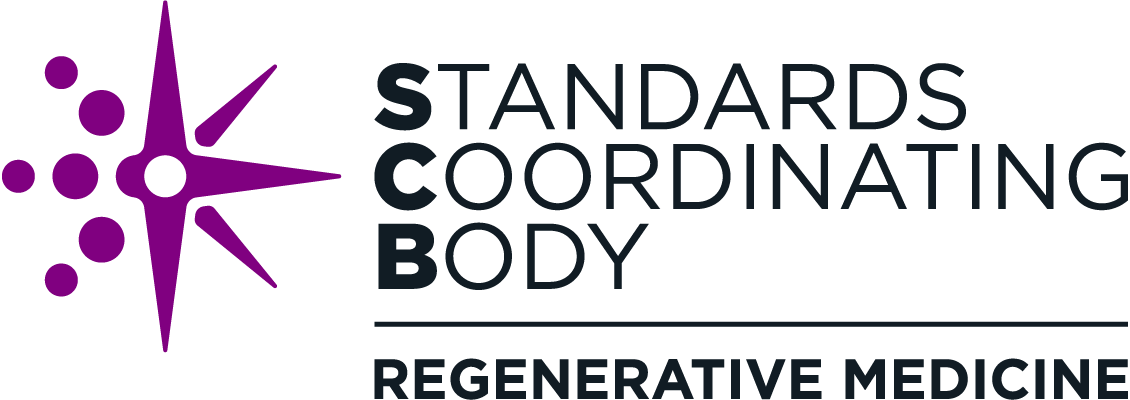Standards Development in Action: Rapid Microbial Testing Methods
Challenge
While cell therapy products often need to be delivered to critically ill patients immediately after manufacture, tests to assess for microbial contamination and to confirm product safety can take up to 14 days to yield complete results. The inability to fully evaluate sterility before a therapy is administered to a patient presents a barrier to commercializing therapies that could help treat or cure a wide range of chronic and life-threatening diseases. Newly developed rapid microbial testing methods (RMTMs) could reduce testing times to 1–3 days, but the high cost and time-consuming process of validating new systems for first-time use has prevented their broad adoption by cell therapy manufacturers.
Solution
Dr. Rodney Rietze (CEO, iVexSol - a vector manufacturing company) and Dr. Spencer Hoover (Director, CCRM - a non-profit consortium dedicated to commercializing regenerative medicine) are spearheading a project to develop an ISO standard that can help companies validate RMTMs more efficiently. This standard will provide manufacturers with a risk-based framework to determine whether novel RMTMs are suitable for a given manufacturing process and produce meaningful and reliable results for their intended use, saving significant time and resources for companies that would otherwise have to design their own validation processes.
The RMTM standard advancement effort began with a Standards Coordinating Body (SCB)-coordinated workshop where more than 70 experts discussed challenges and solutions related to RMTM adoption. Workshop participants identified a validation framework as one of the key RMTM standards needs, and SCB helped establish a working group to advance the potential standard. As part of this effort, the working group also developed a white paper to raise community awareness of the issues and drive consensus for potential solutions.
Impact
By providing companies with a common set of steps and best practices for RMTM validation, the standard could open the way to widespread RMTM adoption, allowing administration of cell therapy products to patients sooner and with greater confidence in their safety. Encouraging the use of novel RMTMs will also generate market growth for new RMTMs, and promote the development of more sensitive, specific, and reliable testing methods that can further improve product safety.
Lessons Learned
The RMTM standards advancement effort illustrates the value of bringing regenerative medicine stakeholders together to discuss common challenges that could be addressed with standards. The RMTM workshop provided critical early momentum and buy-in for the standard creation effort by engaging a diverse set of stakeholders in face-to-face dialogue. The RMTM working group leaders advise individuals interested in participating in standards development to take part in workshops and community events to contribute their own perspectives and ideas for potential standards.
Get Involved in Standards Development Through SCB
As a coordinating body, SCB helps streamline the standards advancement process by driving momentum, aligning stakeholder efforts, and helping projects overcome obstacles.
Individuals can provide feedback to SCB on needed standards or join SCB-coordinated projects to advance standards that benefit the broad regenerative medicine community.
Contact SCB today to get involved.




